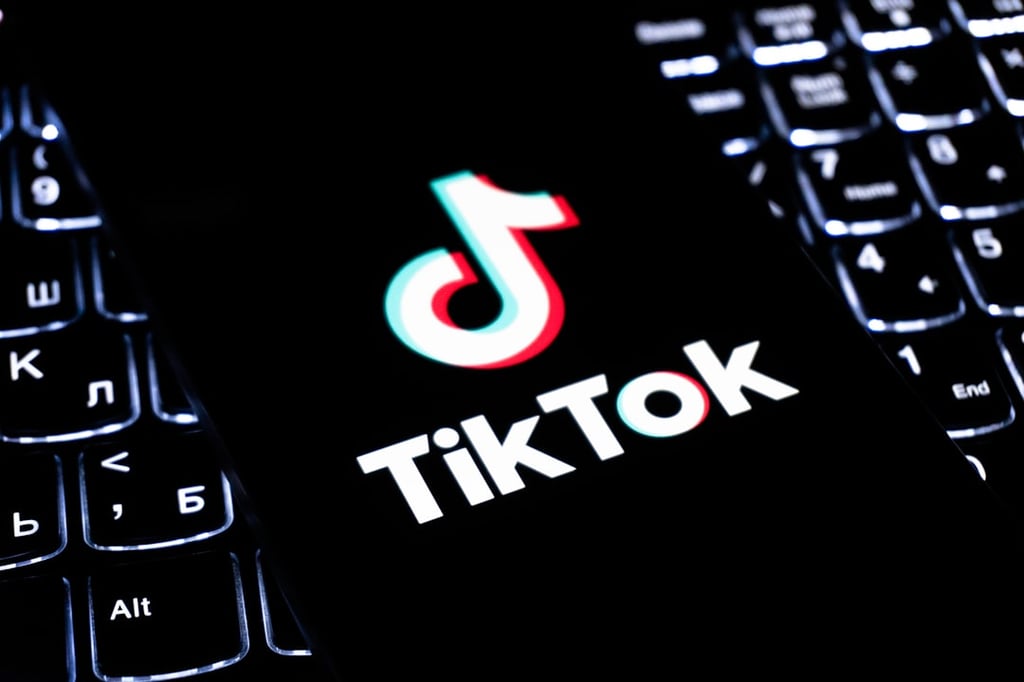Datamation content and product recommendations are
editorially independent. We may make money when you click on links
to our partners.
Learn More
Google announced yesterday a new vision for Android: “one OS that runs everywhere.” Does “everywhere” include the desktop?
Yes, it does, according to a senior Google executive.
Google announced and shipped a new version 3.1 of Android at the company’s annual developers conference, Google I/O. They also announced a future version of Android, code-named Ice Cream Sandwich, which they expect to ship later this year. The combined features announced in these two releases add up to an operating system that can be used as a big-screen, multi-touch desktop computer.
Google emphasizes that, unlike Apple or even Microsoft, the company doesn’t try to control or direct what kinds of systems will be built. They try to make all things possible, and expect to be surprised by what hardware makers come up with.
Google Android chief Andy Rubin said at a press conference yesterday that “You let these Androids out of their cage, you give them autonomy, they have feet and stuff, and you have no idea where they’ll go.”
Well, maybe. We do know one place they’ll go: The desktop market.
I asked Hiroshi Lockheimer, Google’s director of engineering for Android, whether there is anything preventing hardware makers from creating 13-inch, 15-inch, 21-inch or even, say, 41-inch screen-size Android tablets and using them as desktop replacements for Windows or Mac PCs.
“No, there isn’t,” he told me.
The new Android version 3.1 offers USB host APIs. That means it supports all kinds of peripheral devices connected wirelessly or via USB ports. Supported devices include keyboards, mice, game controllers, plug-in hard drives — you name it.
USB device support enables basic PC features currently missing from all touch tablets, including the Apple iPad. But Android 3.1 goes even further.
New Open Accessory support lets Android devices control home stereo equipment and even robots, exercise equipment and more. Google announced at the conference a new initiative called Android@Home, which is designed to enable the use of Android to control appliances in the home.
Google is facilitating Android phones, tablets and other devices that that can monitor home power use in detail, control lights, washing machines and cooling systems.
All this adds up to a compelling argument for Google partners to deliver what Microsoft’s Steve Ballmer promised years ago, but hasn’t delivered: A consumer coffee-table computer controlled by touch.
Someone is likely to build an Ice Cream Sandwich-based coffee table that functions as a TV remote, entertainment system controller, lights and appliances controller, as well as web browser, e-mail checker, gaming system and all the rest.
Android 3.1 also adds another important requirement for a desktop computer. Home screen widgets can now be resized horizontally or vertically, or both. Now users can have their e-mail open in a window over here, and their Twitter feed running over there as they work on a document in the main window, with all windows sized, shaped and positioned according to the users’ preferences.
In other words, the feature gives Android real “windows.”
The future Ice Cream Sandwich version merges the phone functions of Android Gingerbread with the tablet features in Honeycomb, plus tosses in key improvements that enable desktop functionality. Most importantly, Ice Cream Sandwich should work on all screen sizes, from wristwatches to Jumbotrons.
The new version will end Android hardware fragmentation, according to Google, because it will work on all form factors.
Google has already announced strong support for big-screen TVs. But between the 10-inch tablets and 51-inch televisions is enormous room for hardware makers to create desktop PC-size touch tablets with USB peripherals, resizable windows and a whole app store of utilities and programs to choose from.
The advantages of such a system are low cost, ease of use and fun. A giant touch tablet will be an incredible thrill to use for many users, from executives to children to grandmas.
Microsoft should be freaking out.
But Andoid desktops won’t and can’t replace Windows PCs and Macs for many users. They won’t have the power, software and device compatibility or professional-quality applications that fully featured desktops have.
Lockheimer told me that hardware makers would have compatibility issues to overcome.
Those limitations include the inability to run full-featured desktop applications or support the majority of existing hardware peripherals. Google is starting from scratch in the building of a third-party ecosystem, so we can expect slim pickings for a while in the area of compatible peripherals.
There are also a host of other small limitations to be worked out. For example, even though Android 3.1 currently supports hard drives and other peripheral storage in theory, it’s not something you can do yet in practice. Android does not expose file locations. There’s no file management system.
So, unlike on a PC, where you can plug in a hard drive and see your files in folders, Android doesn’t allow this. But Google is working on it. I would expect some kind of file management capability in Ice Cream Sandwich later this year.
But for a majority of users, who currently use full-powered PCs for low-powered tasks — surfing the web, checking Facebook and e-mail, and running apps — a giant desktop tablet powered by Android Ice Cream Sandwich would offer an appealing alternative.
More importantly, the impulse to replicate PC functionality — file management, plug-in mice and keyboards and all the rest — misses the point of multi-touch operating systems. As Apple demonstrated with the iPad, the compelling use case is an appliance, a closed box that works seamlessly without “managing” everything. We might see desktop Android appliances as early as this year. I don’t know about you, but I want one.
-
Huawei’s AI Update: Things Are Moving Faster Than We Think
FEATURE | By Rob Enderle,
December 04, 2020
-
Keeping Machine Learning Algorithms Honest in the ‘Ethics-First’ Era
ARTIFICIAL INTELLIGENCE | By Guest Author,
November 18, 2020
-
Key Trends in Chatbots and RPA
FEATURE | By Guest Author,
November 10, 2020
-
Top 10 AIOps Companies
FEATURE | By Samuel Greengard,
November 05, 2020
-
What is Text Analysis?
ARTIFICIAL INTELLIGENCE | By Guest Author,
November 02, 2020
-
How Intel’s Work With Autonomous Cars Could Redefine General Purpose AI
ARTIFICIAL INTELLIGENCE | By Rob Enderle,
October 29, 2020
-
Dell Technologies World: Weaving Together Human And Machine Interaction For AI And Robotics
ARTIFICIAL INTELLIGENCE | By Rob Enderle,
October 23, 2020
-
The Super Moderator, or How IBM Project Debater Could Save Social Media
FEATURE | By Rob Enderle,
October 16, 2020
-
Top 10 Chatbot Platforms
FEATURE | By Cynthia Harvey,
October 07, 2020
-
Finding a Career Path in AI
ARTIFICIAL INTELLIGENCE | By Guest Author,
October 05, 2020
-
CIOs Discuss the Promise of AI and Data Science
FEATURE | By Guest Author,
September 25, 2020
-
Microsoft Is Building An AI Product That Could Predict The Future
FEATURE | By Rob Enderle,
September 25, 2020
-
Top 10 Machine Learning Companies 2020
FEATURE | By Cynthia Harvey,
September 22, 2020
-
NVIDIA and ARM: Massively Changing The AI Landscape
ARTIFICIAL INTELLIGENCE | By Rob Enderle,
September 18, 2020
-
Continuous Intelligence: Expert Discussion [Video and Podcast]
ARTIFICIAL INTELLIGENCE | By James Maguire,
September 14, 2020
-
Artificial Intelligence: Governance and Ethics [Video]
ARTIFICIAL INTELLIGENCE | By James Maguire,
September 13, 2020
-
IBM Watson At The US Open: Showcasing The Power Of A Mature Enterprise-Class AI
FEATURE | By Rob Enderle,
September 11, 2020
-
Artificial Intelligence: Perception vs. Reality
FEATURE | By James Maguire,
September 09, 2020
-
Anticipating The Coming Wave Of AI Enhanced PCs
FEATURE | By Rob Enderle,
September 05, 2020
-
The Critical Nature Of IBM’s NLP (Natural Language Processing) Effort
ARTIFICIAL INTELLIGENCE | By Rob Enderle,
August 14, 2020
SEE ALL
ARTICLES







